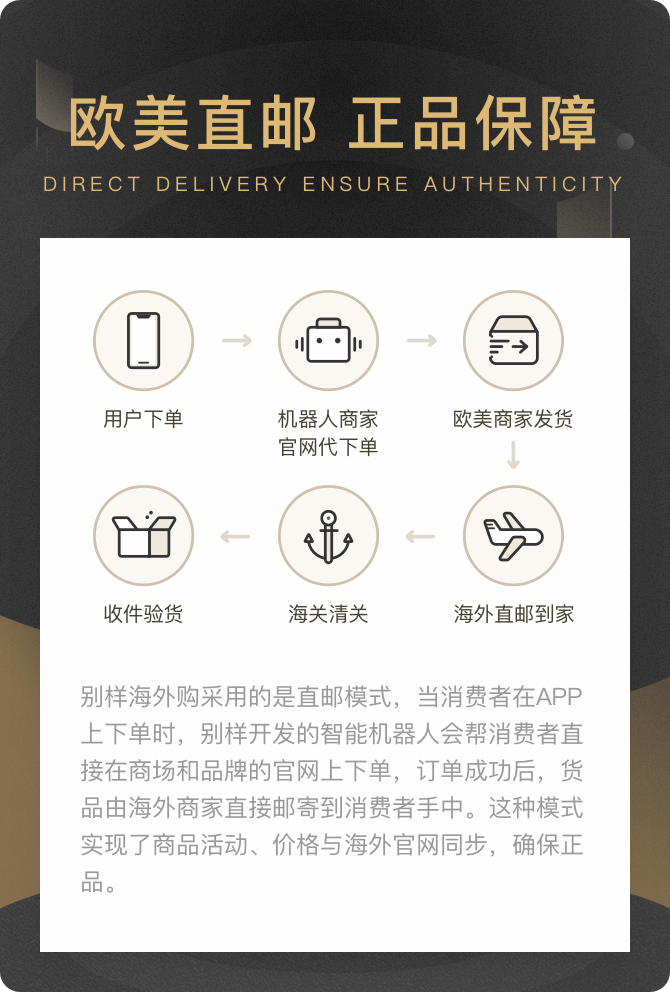Alessi Tea Rex Kettle
Designed by Michael Graves in 1985, the Kettle with the red bird-shaped whistle became one of the icons of 20th century design. To mark the 30th anniversary of this famous kettle, Graves redesigns the whistle, turning the little bird into a charming supernatural reptile, a prehistoric, mythological and futuristic creature at the same time.
The choice of the dragon and its colour - an intense jade green - is a reference on the part of the designer to the Chinese culture for whom these beings symbolise strength and fortune. Manufactured from 18/10 stainless steel and, like its famous predecessor, produced in the Crusinallo plant in Omegna, “Tea Rex” comes in two versions. One has a jade-coloured whistle, black ball grip and blue handle with two little orange spheres decorating its ends. In the other version the whistle is metallic with copper covered by transparent paint; the ball grip and handle are black. In this version the little spheres on the handle are blue. The whistle, handle and ball grip are produced from PA while the base is made from magnetic steel, making it suitable for induction cooking hobs as well. The wording “Tea Rex 9093 30th anniversary” is stamped on the lid of the Kettle around the ball grip. “Tea Rex” comes in special packaging with graphics that stresses the contrast between the icon of the new whistle and that of the original design. The same graphic returns in the packaging of the two Whistles.
About Alessi
“A true design work must move people, convey emotions, bring back memories, surprise, and go against common thinking.” - Alberto Alessi
Founded in 1921 as a “Workshop for the processing of brass and nickel silver sheet metal, with foundry”, Alessi has always stood out for the high quality of its products. In almost a century of history, the company has gradually evolved to become one of the leading “Factories of Italian design”, capable of applying its expertise and excellence in design management to many different product types. Open to change and international development, Alessi at the same time has a strong bond with the traditions and cultural background of its area and continues to be synonymous with handcrafted objects produced with the help of machines.
Alessi’s mission is now one of translating its quest for the most advanced cultural, aesthetic, design and functional quality into mass production. Designer products are the result of the constant reconciliation of art and industry, of the “Immensity of Creative Potential” and the needs of the market. The company is committed to a design approach in which the most advanced expression of international creativity is always balanced against the desires of the general public. Alessi has been described as a “Dream Factory”, which uses its products to make people’s dreams come true, providing them with the Art and Poetry that they seek.
Alessi: The Design Factory
A journey inside and outside Alessi, to discover a Factory of Italian Design
Alessigraphy: the geography of Alessi production
SINCE THE COMPANY'S foundation in 1921 the majority of Alessi products have been manufactured through the cold working of metals, a tradition that is kept alive today by the skilled workers at the Crusinallo plant in Omegna.
Over time, Alessi also began to work with many other materials, such as porcelain, glass, wood, and plastic... A specific production method was developed for each one. Even when production takes place outside the Crusinallo plant, Alessi’s guidelines guarantee the company’s original production quality standards, continuing to reconcile industrial technological complexity with an artisanal eye for detail.
The objects produced from the different materials are manufactured in various production plants across the world. They remain original Alessi objects in that they are conceived with the same design excellence and produced with the same attention to quality that sets the company’s products apart.
The Designer: Michael Graves
Born in Indianapolis, he teaches architecture in Princeton since 1962. His architectural works include the Portland Building and the Humana Building, the extension of the Whitney Museum of American Art, and the Newark Museum. He created the best-selling 9093 kettle for Alessi. Michael Graves died in 2015.










